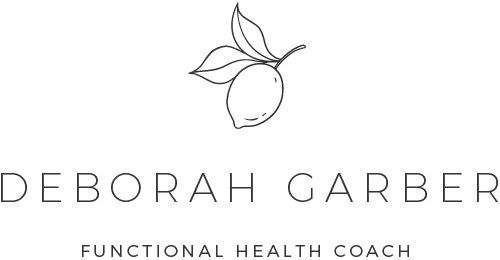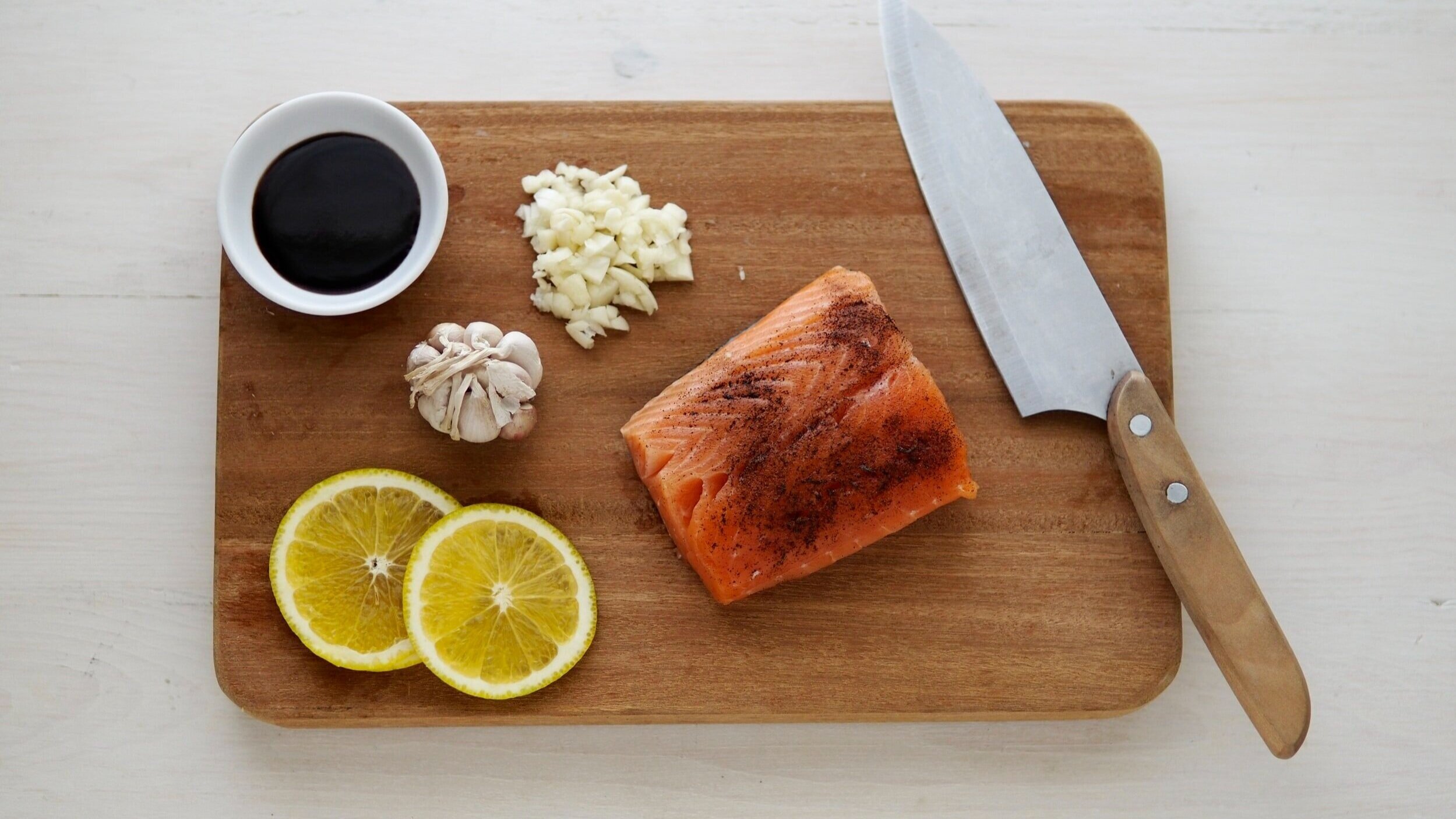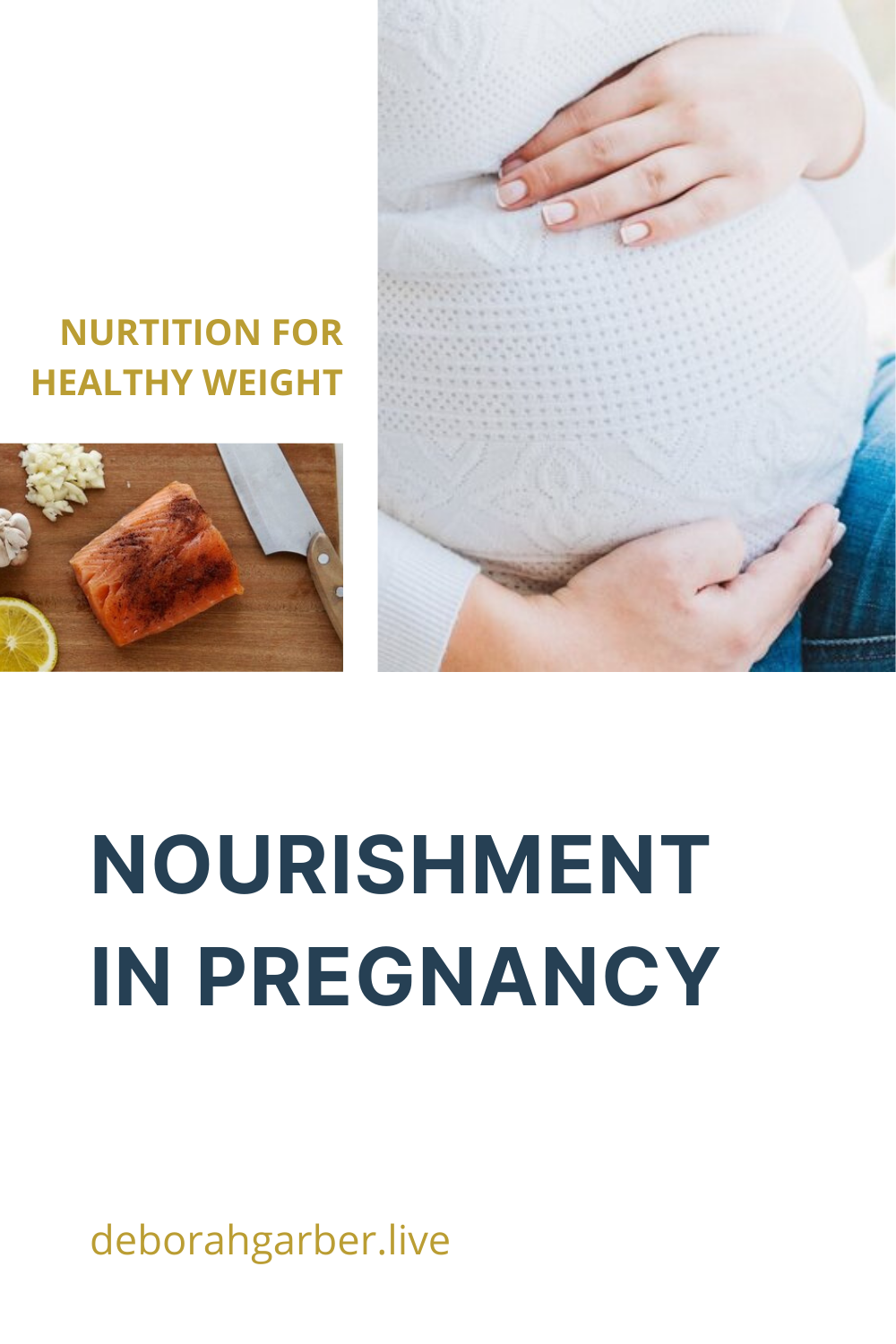Nourishment in Pregnancy
As any woman who has been pregnant knows, this period of miraculous growth within us is also a time of weird and wonderful cravings, morning sickness for some, and a license to eat for two and indulge in some “forbidden food” for many. The result could be that by the end of your pregnancy you have gained a significant amount of weight, you feel heavy and sluggish and have to struggle for months to lose it.
However, it is not only excessive weight gain that should concern us, because eating in pregnancy is no different from eating at other times in our lives, it should always be about good nutrition for you and your baby. If you are planning a pregnancy or find out that you are pregnant already, here are a few guidelines to ensure that by the end of your pregnancy both you and your child are well-nourished and thriving.
What should you eat and drink?
Avocados
Leafy greens (lettuce, spinach, collard greens, chard, steamed kale)
Berries (blueberries, blackberries, raspberries)
Bone Broth (you can buy excellent ready made concentrate)
Filtered or mineral water, ginger tea, rooibos tea, herbal teas
Collagen Protein
Nuts (Brazil, macadamia, pecan, walnut, almonds)
Seeds (hemp, chia, flax, sunflower, pumpkin)
Organic grass-fed ghee, butter, cream and fermented milk products (if you are ok with dairy)
Extra virgin olive oil, cold pressed macadamia and avocado oil
Fatty fish (sardines, wild or Alaskan salmon, black cod, herring) and fish roe
Grass fed beef, lamb and organ meat - particularly liver
Organic, free-range eggs, chicken, duck, turkey
Root vegetables (sweet potatoes, pumpkin, butternut, parsnips, turnips, potatoes-but not too many)
Coconut
What should you minimise or avoid?
Alcohol
Caffeine
Sugar
White flour
Processed foods
All soda drinks including “diet”
Foods containing “vegetable oils” or hydrogenated oils
High mercury fish (for example tuna, shark, swordfish)
Raw meat
Processed meat
Raw fish
Farmed fish
Smoked seafood
Raw eggs
Raw sprouts
Unwashed produce
What about herbs and spices?
Herbs and spices contain medicinal properties, so it is best to use them in moderation. Parsley, coriander, mint, dill, rosemary, oregano and thyme are usually safe in small amounts as are most commonly used spices. Essential oils are very concentrated and should be avoided.
How much carbohydrate, protein and fat should you be eating?
A moderate carbohydrate intake (about 15-30% of total calories) owing to the growing baby’s need for glucose. This includes fruit, green vegetables, root vegetables, and moderate amounts of rice. The exception would be women with type 1 or type 2 diabetes who need to avoid hyperglycemia. All pregnant mums should minimise products made of flour - bread, pasta, etc.
A moderate Protein intake between 15-20% of total calories as too much protein could lead to a toxic build-up of ammonia in the body. This category includes organic free range eggs, chicken, wild fatty fish, free range meat, liver, chia seeds, nuts and legumes if you can digest them.
The rest of the calories from healthy fats (about 50% of total calories) including olive oil, macadamia oil, avocado oil, avocados, ghee, butter, cream - if you tolerate dairy, coconut, nuts, seeds, tahini.
Do you need to supplement in pregnancy?
The question of supplementation often comes up and the simple answer is that much of our soil is depleted by modern agricultural practices and even organic food is often lacking in essential minerals and vitamins.
In addition, we spend most of our time indoors and do not have enough sun exposure to produce adequate quantities of vitamin D, which is essential for healthy bones and teeth, skin and hair health and immunity.
If you do not eat fish, it is even more important to supplement with Omega 3 fatty acids that promote good brain, nervous system and cognitive function, enhance immunity, reduce inflammation and promote skin health.
Nutritional pioneer Weston Price considered the fat-soluble vitamins, and vitamin A in particular to be the catalysts upon which all other biological processes depend. It is particularly important for pregnant mothers who want their children to develop wide faces with plenty of room for the teeth to grow straight as well as strong bodies.
An excellent source of Omega 3 fatty acids, vitamin A and D is Rosita Extra Virgin Cod Liver Oil. It is also a good idea to take a safe prenatal probiotic to balance gut bacteria and help with diarrhea or constipation.
Please consult your doctor before taking supplements!
Sources:
Dr Mark Hyman, The Pregnancy Solution e-book.
Chris Kresser, The Paleo Cure.
Sally Fallon, Nourishing Traditions




